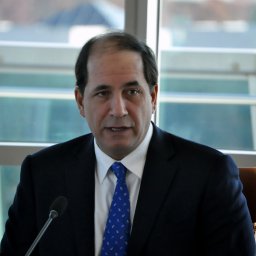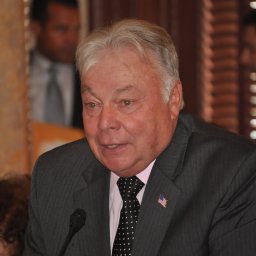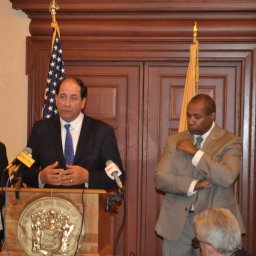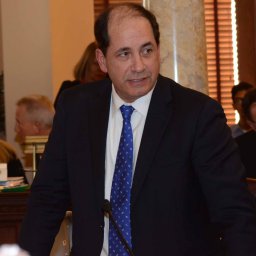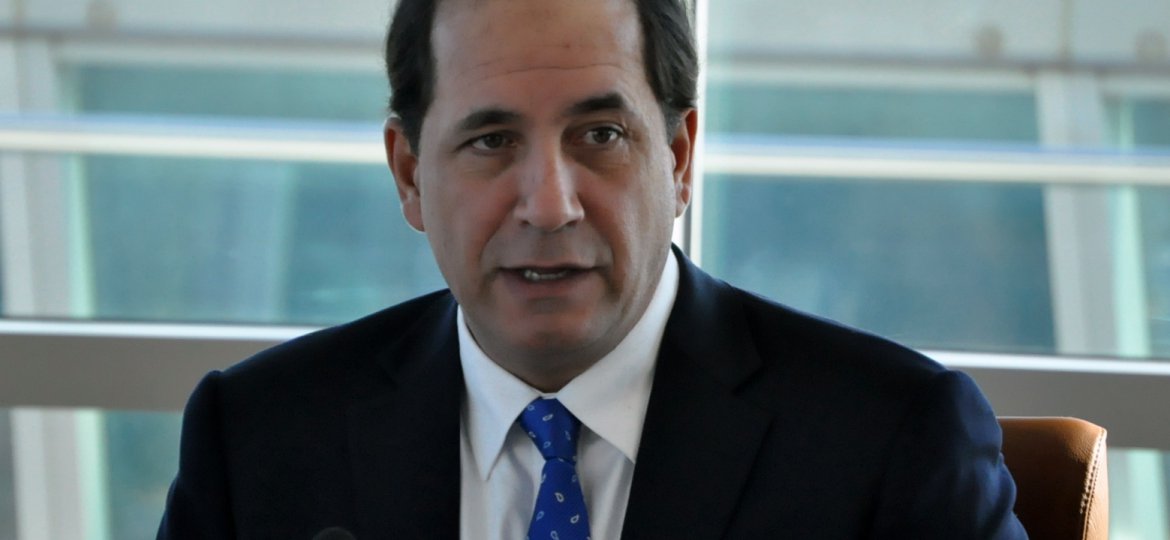
Increases Access to Substance Use Disorder Treatment Facilities, Encourages Safe Disposal of Unused Prescription Medication at Hospice and Long-Term Care Programs
TRENTON – Legislation sponsored by Senate Health, Human Services and Senior Citizens Committee Chairman Joseph F. Vitale that would prohibit residential substance use disorder treatment facilities and aftercare facilities from denying admission to individuals receiving medication assisted treatment for substance use disorder cleared the Senate today.
“Medication assisted treatment is a safe and effective strategy that combines behavioral therapy with medications to treat substance use disorders,” said Senator Vitale (D-Middlesex). “Denying admission into a treatment facility simply because an individual is receiving medication assisted treatment is unjustifiable. It ignores evidence-based practices that have proven successful in treating opioid use and reducing the risk of overdose.”
The bill, S-2964, would prohibit residential substance use disorder treatment facilities and aftercare facilities, including sober living homes and halfway houses, from denying admission to individuals receiving medication assisted treatment for substance use disorder provided that the treatment is administered by a licensed treatment provider.
The bill specifies that medication assisted treatment includes, but is not limited to, methadone, buprenorphine, naltrexone, or any other medication approved by the Food and Drug Administration for the treatment of a substance use disorder.
Another bill, sponsored by Senator Vitale and Senator Patrick J. Diegnan, Jr., which is also aimed at curbing opioid addiction in New Jersey by reducing the risk of prescription medication theft, diversion, or accidental ingestion, also cleared the Senate today. The bill, S-2970, would allow hospice and long-term care programs to accept unused prescription medications for disposal by patients when they cease to receive care services in an assisted living facility or private residence.
“Safe disposal of dangerous medications like prescription painkillers is one way to keep these substances out of the wrong hands and will help reduce the chance that others accidentally take or intentionally misuse the medicine,” said Senator Diegnan (D-Middlesex). “Making it easier to dispose unused medication, especially at places like hospice care programs where we know they are often used, will help keep New Jersey families safer.”
Under the bill, unused prescription medications may only be surrendered to a registered professional nurse or licensed practical nurse employed by the hospice or long-term care program. Any medication surrendered to the program must be disposed of at the site where the patient was receiving care services. A nurse accepting the surrender of an unused prescription medication will be required to document: the name and quantity of each medication surrendered; the name of the person providing the authorization and the relationship of that person to the patient; the date and method of disposal; and any unused prescription medication that the nurse is aware of that was provided to the patient pursuant through the program but was not surrendered to the program or otherwise disposed of by another person in the nurse’s presence. The person providing authorization will have the opportunity to review, verify, and sign this documentation.
S-2964 cleared the Senate by a vote of 35-0. S-2970 cleared the Senate by 36-1. They next head to the Assembly for consideration.


